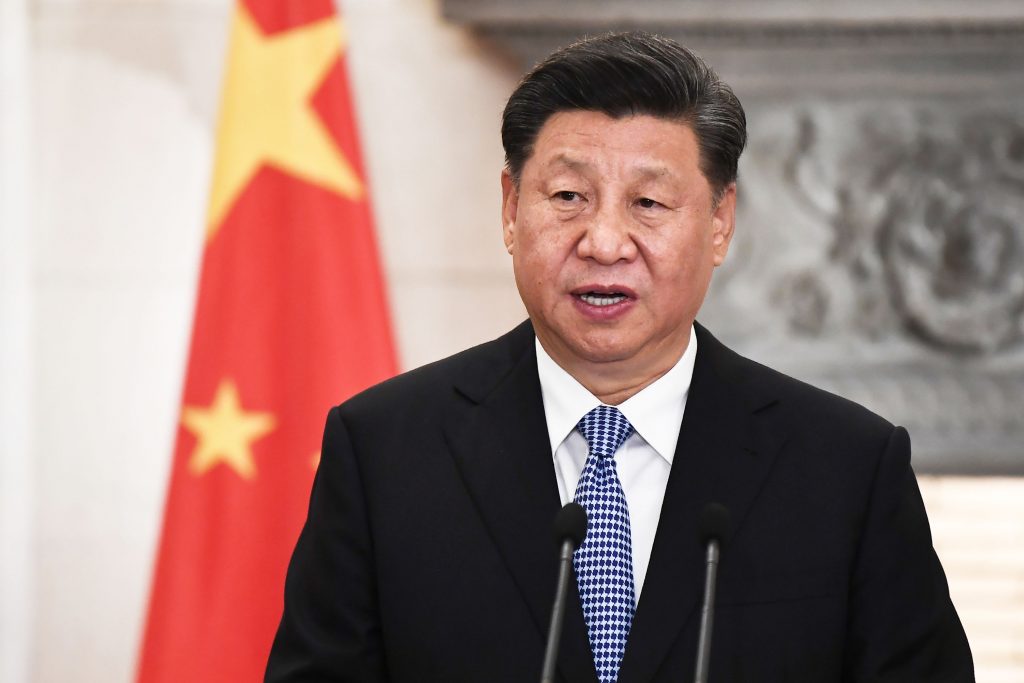Beijing: China has issued a new regulation under which all foreign organisations or individuals will be banned from spreading religious content online in the country, citing national security interests, a media report said Wednesday.
No organisation or individual will be allowed to disseminate information about religious ceremonies on the internet unless they have a licence from China’s religious regulator, Hong Kong-based South China Morning Post reported quoting new regulations.
The regulations are the first of their kind to tighten control of online religious affairs, coming two weeks after a national religious work conference attended by Chinese President Xi Jinping, in which he called on China to “strengthen the management of online religious affairs”.
In his address to a national conference on work related to religious affairs on December 4, Xi stressed upholding the principle of developing religions in the Chinese context, and providing active guidance for the adaptation of religions to socialist society.
He said it is imperative to further uphold the principle that religions in China must be Chinese in orientation, strengthen the management of online religious affairs, and effectively address prominent problems that affect the sound inheritance of religions in China, state-run Xinhua news agency reported.
The new rules, titled Measures for the Administration of Internet Religious Information Services, state that people applying for a licence to disseminate religious content online must be an entity or individual based in China and recognised by Chinese laws, and its main representative should be a Chinese national, the Post report said.
State security authorities will manage domestic organisations and individuals and prevent them from conspiring with foreign bodies to use religion to conduct activities that endanger national security on the internet, the regulations said.
Under the rules, applications must be made to the religious affairs department of the local government for a licence that will be valid for three years.
Content prohibited under the rules includes that which uses religion to incite subversion of state power, oppose the Communist Party’s leadership, undermine national unity and social stability and promote extremism, terrorism or national separatism.
The new measures said that except for licensed religious groups, religious schools, temples and churches, no organisation or individual may preach on the internet, conduct religious education and training, and publish or repost preachers’ comments, the report said.
Organising and conducting religious activities and live broadcasting or recording religious ceremonies – such as worshipping Buddha, burning incense, chanting, mass and baptism – will be banned, it said, adding that no organisation or individual is permitted to raise funds in the name of religion on the internet.
China is currently in conflict with the US, EU and western countries over issues related to religion, especially human rights violations against Uygur Muslims in Xinjiang.
Over the years, Beijing, which is cagey about the spread of Christian sects in China, also faced criticism for a periodic crackdown on churches.
Tuesday, China announced sanctions against four members of the United States Commission on International Religious Freedom, a federal commission that monitors religious freedom, in response to Washington’s latest sanctions over Xinjiang.
Xiong Kunxin, a professor of ethics studies at Minzu University in Beijing, said the new measures, especially the ban on foreign organisations and individuals’ religious activities online, underlined Beijing’s focus on national security and religious order.
“Today’s international situation is very complicated. European countries and the US have slandered us just to hinder China’s development – some religious forces will certainly cooperate with their political goals,” Xiong told the Post.
PTI
